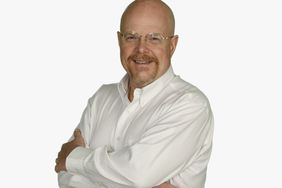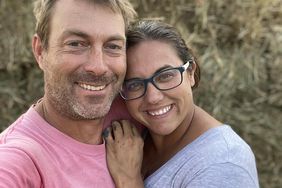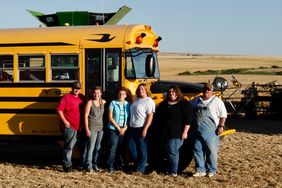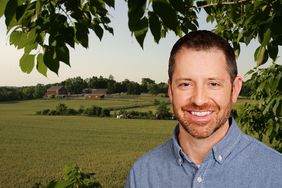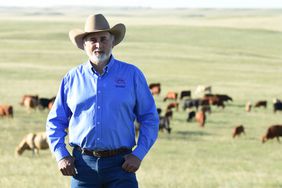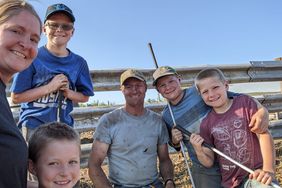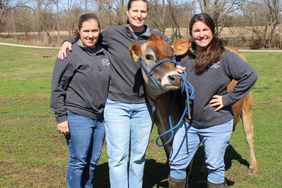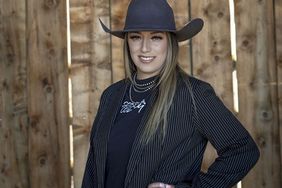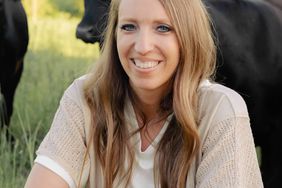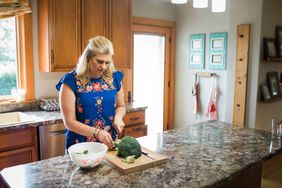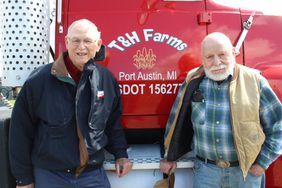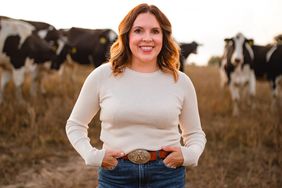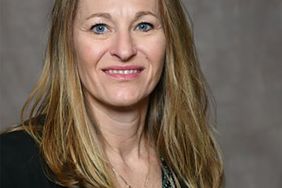:max_bytes(150000):strip_icc()/7018537RonPiercefinal_LaurenCrow-f2c871c9dcb44d8d893e85ab15bc3535.jpg)
Illustration by Lauren Crow
Rod Pierce started learning how to farm alongside his dad as a kid, and he was 21 when he started his own operation in central Iowa.
“I had the chance to rent the farm,” he says. “It actually was a high school classmate’s mother’s farm, and she wanted me to farm it. So that was my first opportunity, 40 acres in 1973. Then I picked up another couple farms the next year, and that’s how I started.”
Fifty years later, as his family farm has grown, Pierce says the best advice for success he can give to the next generation is to build their networks.
SF: How has networking over the years helped you and your farm?
RP: Networking has helped me way more than the D I got in organic chemistry. If you’re networking, you’re able to say, “I’ve got a problem with this,” and someone else says, “Oh, Joe’s involved with that or Joe’s with that company, I’ll call him.” I would encourage young people, especially those in college, to network. If you’re in agribusiness, get in the agribusiness club, because when you get out on the job and you have something that’s stumping you, you could call Joe and say, “Joe, I’m really stumped. What should I do here?” It opens the door to someone else to call to find out how to solve your problem.
SF: What about when you are out of school?
RP: Get involved with your organizations. I’m a corn grower. I got into the Iowa Corn Growers Association. I was on the Iowa Corn Promotion Board. I was also a director with Farm Credit. I got asked to do that and that helped me open doors in the lending field.
I think probably my biggest asset has been Iowa State University (ISU) Extension. They are phenomenal about having all kinds of different people, courses, and webinars, for training. An example of that is Steve Johnson, an ISU economist. He’s retired now, but he by far made the biggest difference in my life in that he taught me how to market my crops.
SF: What other lessons have you learned over the years?
RP: A gentleman once told me, and I didn’t fully understand him at the time, that most new tractors are bought in the good times and paid for in the bad times. That is true. Very true. And you’ve got to figure out, can I make these payments if I’m breaking even or losing money?
My father and I purchased a farm in 1981. We signed the papers five minutes before the land market crashed. Making the payments was tough. It was about that time when I became a Pioneer sales representative and the supplemental income helped me through those payments.
When you have really good times, chances are you’re going to have about that long of a bad time within the next few years.
SF: What helps in those hard times?
RP: Having the right insurance is very, very important. I found my agent because I happened to be on a plane coming home from Florida with a Nationwide insurance representative. He asked me about my coverage and I told him my agent was really bad, that he didn’t seem to care to call me or look into things. He said he was going to send me the best guy they had and he did. The agent came out to my farm and I, being a tightwad, showed him what I was paying for and said, “Can you beat this?” He said, “In most cases when I do this, I find a lot of stuff that isn’t covered that should be and it ends up costing you more.” I said, “You’ve got the job.” I was very lucky he came out.
:max_bytes(150000):strip_icc()/CassidyWalter_1-web-83717e5b38194dfa9e314356b6d4c1c2.jpg)

